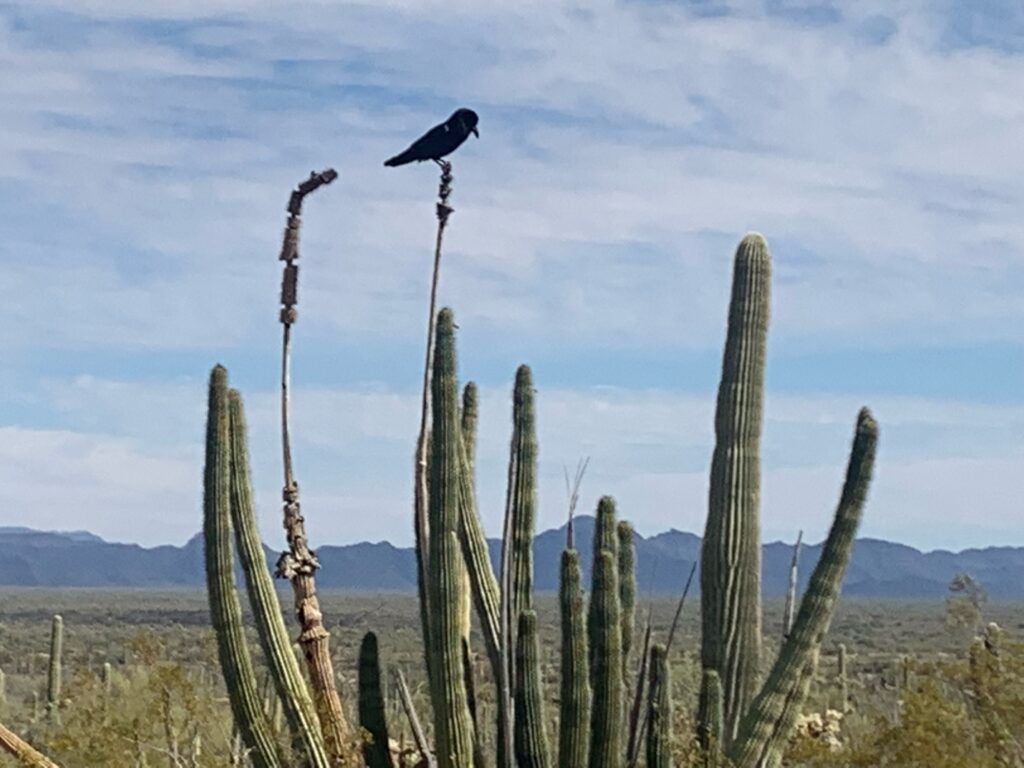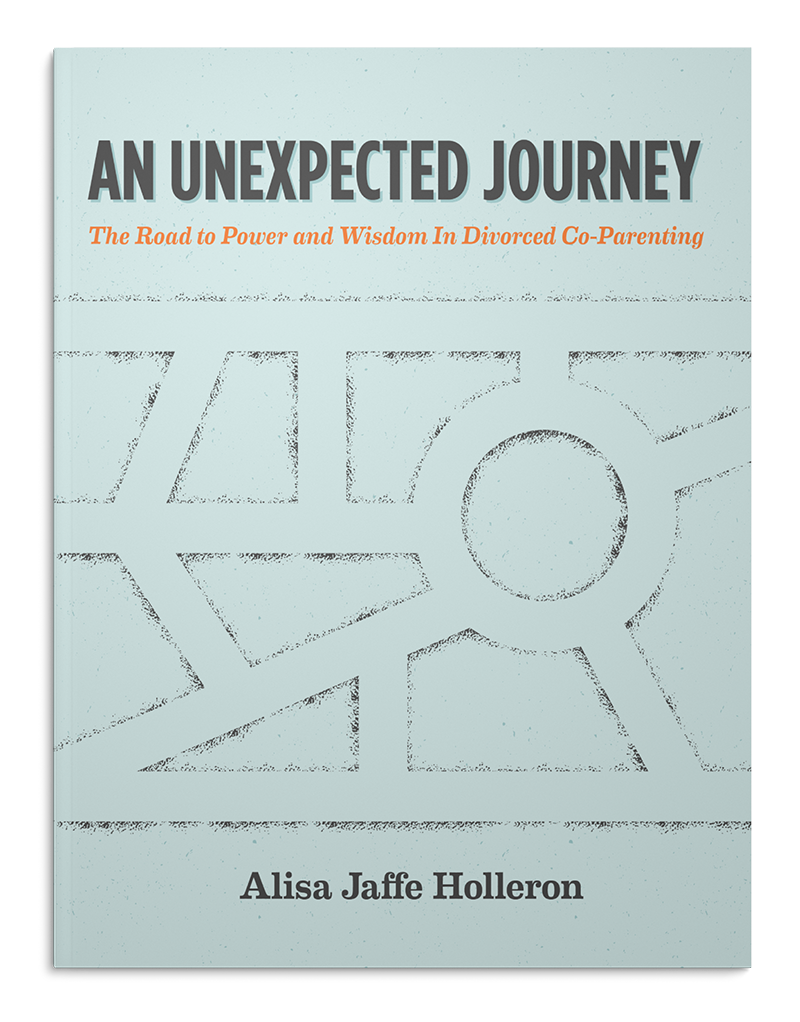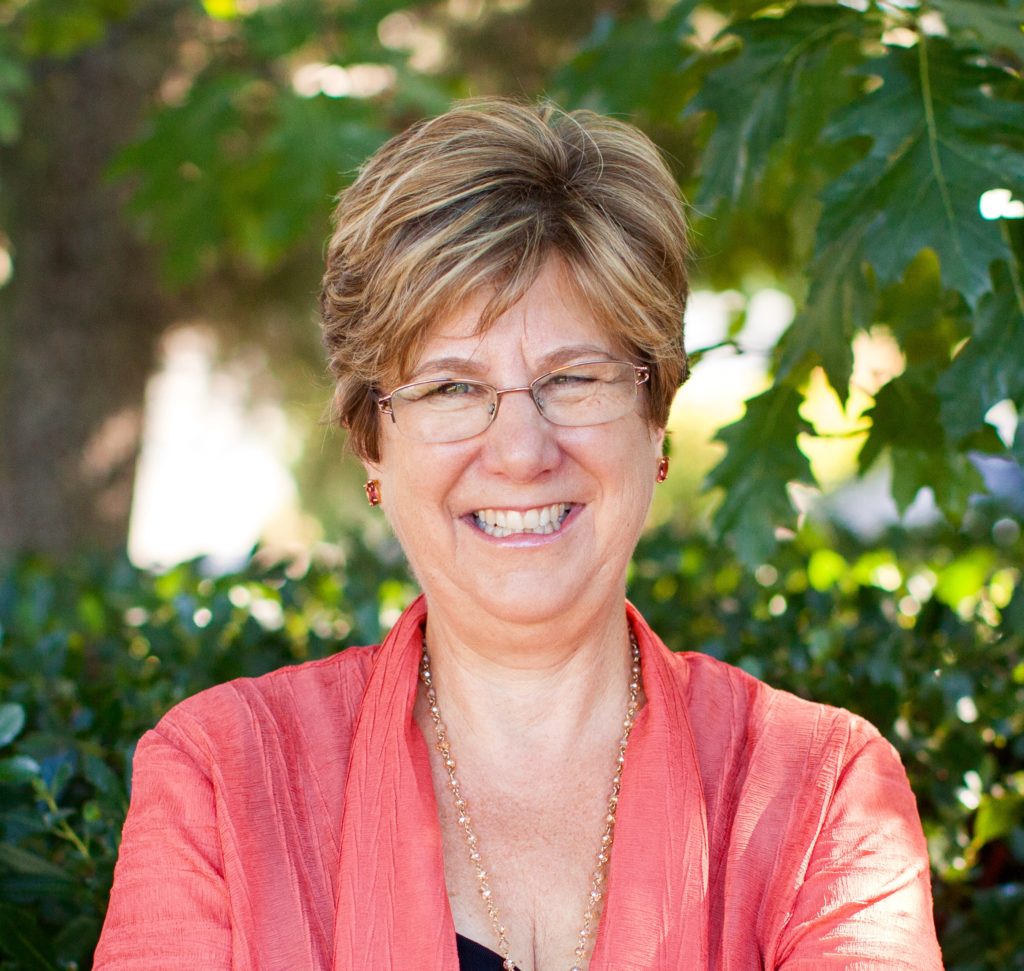Many years have passed since since my divorce and difficult co-parenting years. In retrospect I can see how those years grew me up, opened my heart and changed my understanding of love.
This article is a description of the process that unfolded for me. My hope is that you might find yourself in it somewhere, and that it can provide some guidance and hope.
Recognizing I was Stuck
In the beginning, for several years, my co-parent and I were intensely conflictual. I believed he was always angry, that he didn’t want to cooperate, that he wanted to punish me and that he wasn’t as competent a parent as I was. We couldn’t seem to agree on anything. It was a time of suffering, anger, frustration, resentment. Because I was sure that he was the problem, I tried and tried to change him. I tried to get him to see things my way. I tried to convince him to go along with what I thought was right. Nothing worked. I was caught in a repetitive cycle that was going nowhere.
I got very tired; tired of being angry, frustrated, resentful, even hateful and revengeful. I got tired of feeling like he had total power over my life.
My journey toward healing began when somehow, I came to the realization that what I was doing wasn’t working. The repetitive cycle of anger, frustration, trying to change my co-parent and then getting angry and frustrated again, was causing unending suffering. That realization morphed into a simple understanding: I can’t control or change my ex.
That created a dilemma. If I couldn’t change him, how would the situation change? How would I feel better? At some point, somehow, I realized that if I couldn’t control my ex, the only thing I could do was somehow change myself, change the way I reacted to these things, figure out how to let go.
Committing to Mindfulness and Self-growth
How could I do that? I had been learning about and practicing mindfulness on and off for years, but it occurred to me that I had to commit myself to a consistent mindfulness practice. My hope was that it would help me understand myself better, and help me work with the intense and difficult emotions that were exhausting me.
Mindfulness is a skill that enables you to see or be aware of your own experience (thoughts, emotions, sensations). Mindfulness is just a way of being in the moment; being aware of what you are experiencing internally. Mindfulness is a powerful skill for getting to know and understand yourself. It is a powerful tool for learning how to interpret and transform difficult emotional states. I realized that if I couldn’t see myself clearly, I wouldn’t be able to interrupt my patterns and I would continue to stay stuck in blame, anger and frustration.
It was my desperation that turned me to mindfulness. I didn’t want to suffer anymore. Jon Kabat Zinn, a renowned mindfulness expert, defines mindfulness as “paying attention, on purpose, in the present moment, non‐judgmentally, as if your life depended on it.” I related to the “as if your life depended on it” part. I couldn’t keep living this way.
(Learn more about mindfulness: Wise Parenting: 5 Ways to Use Mindfulness)
Recognizing Fear as the Driver
My mindfulness practice helped me see that my anger was fueled by fear and that acting out of fear was keeping me trapped in blame, anger, frustration and misery. I realized that in order to get out of those states, I had to face and work with the underlying cause: fear. I saw that anger and blame were strategies focused on trying to change the external world so that I wouldn’t feel afraid.
Mindfulness helped me to sit with my fear and see myself more clearly. I recognized that if I just sat in and faced my fear, rather than acting out of it in anger, it would transmute into grief. For example, I was afraid that my ex and his wife would win the affection of my children and that they would abandon me. (A very common co-parenting fear). My usual pattern was to act out of that fear by lashing out at my ex, trying to get more time with my kids, whatever, in my misguided way I thought would help my kids love me. When I faced the fear, and sat in the fear, let myself feel the fear in body, I realized that I really couldn’t control how my kids felt about me, anymore than I could control my ex. I realized that two things were true. One, there is a lot I can’t control about my kids. Two, there are things I could influence, but what I was doing was not influencing them in a positive way. In fact, my anger and bitterness toward their dad was pushing them away.
Learning to Grieve
What followed was a giant wave of grief. The grief came from the truth that as much as I wanted to control situations, there was much I could not control. This is a hard truth that I hated to face. We are born into this mysterious life, we love people, most especially our children, and yet we can’t force them to love us, or to be who we want them to be. Along with this, I realized how much I wanted from my children; I wanted them to love me, I wanted them to reflect well on me, I wanted them to be there for me.
That led me into a painful reckoning with myself. After much soul searching, I came to the conclusion that it was not my children’s job to love me, or reflect well on me, be who I want them to be or make me feel good. It was my job to love them, to be there for them, to love them the way they are. I learned that love is not a fight for affection, time or ownership of my children. I learned that if I tried to fight for affection, time or ownership of my children, I would push them away.
Letting go of the expectations I had for my children left me with more grief. But somehow I knew that there was nowhere else to go but toward the grief; let it move through me. Through that process I learned that grief is painful, but a necessary route to letting go. I learned that grief is painful, but that it won’t kill me. I learned that grief opened my heart to my children, to just being in the moment with them. I saw how powerful that was.
(Learn more about grief: Grief and Divorced Co-Parenting)
Shame and Forgiveness
Then something miraculous happened. I realized that even though I often interpreted my co-parent’s actions as negative, he was suffering and in fear just like I was. Was he perfect? No. But come on, am I perfect? Of course not. We’re all muddling though this confusing mess of being human. None of us know how to do it “right,” as if there is some way to do it right.
When I faced my own fears and the difficult emotions that emanated from fear, I began to see my own shortcomings and mistakes. I began to see the ways I had been blind to the needs of my children. I began to see how I had mistaken my own needs for their needs.
Shame enveloped me. With mindfulness, I let myself sit in the shame. Some say that shame is the most difficult emotion to let yourself feel. I believe that.
Finally, shame was shattered by forgiveness for myself. I realized that I never set out to hurt anyone. I was doing the best I could with the resources I had at the time. I was afraid and acting out of my fear. Fear is overwhelming and we don’t know what to do with it.
Finding self-compassion led me to compassion for my co-parent. We were young when we married. We were young when we had children. We were young chronologically, and we were young emotionally and psychologically. That wasn’t our fault. Our culture, our histories, our circumstances, often don’t give us what we need to grow up sufficiently in time to have children. We were both scared and we turned on each other.
I realized that all the things I thought about my ex were true for me: I was angry, I was uncooperative, I wanted to punish him, and I certainly wasn’t as competent a parent as I wanted to think I was. It was painful to face this, but also liberating. The truth will set you free.
(Learn more about working with difficult emotions: Difficult Emotions in Divorced Co-Parenting
Difficult Co-Parenting: A Path to Love
This path brought me to a new understanding of life and love. It taught me to trust that life will bring me what I need, even if I don’t like it. I realize in retrospect, from the long view, that I needed this difficulty to grow me up and teach me a new way to love.
Love is not about what I get. Love is about what I can give. Love is about being present, cultivating compassion. It is not a good feeling I get from my children or others. It is a choice to commit myself to the growth and well-being of another. That doesn’t always feel good in the moment, but it feels good in the end.
I learned that when I open my mind and heart to growth, I don’t stay stuck in suffering and victimization. It is painful to grow, but not as much as staying stuck in repetitive intense emotions. When I let go of the control that I didn’t really have anyway, and opened my mind and heart to new ways of looking at things, when I looked to change myself instead of others, my life became a much more fulfilling and joyful adventure.
Some wonderful resource for using mindfulness to work with difficult emotions:




